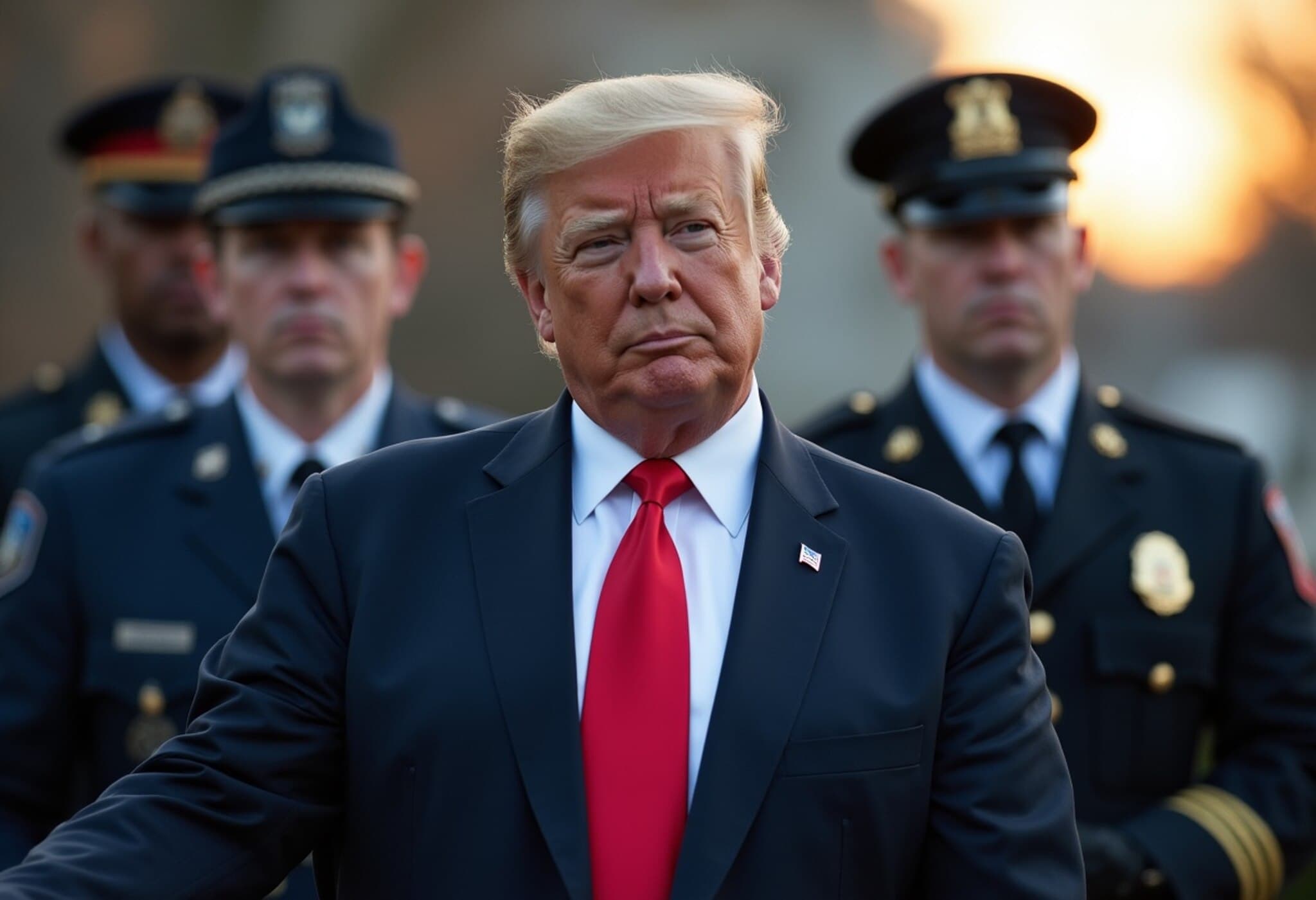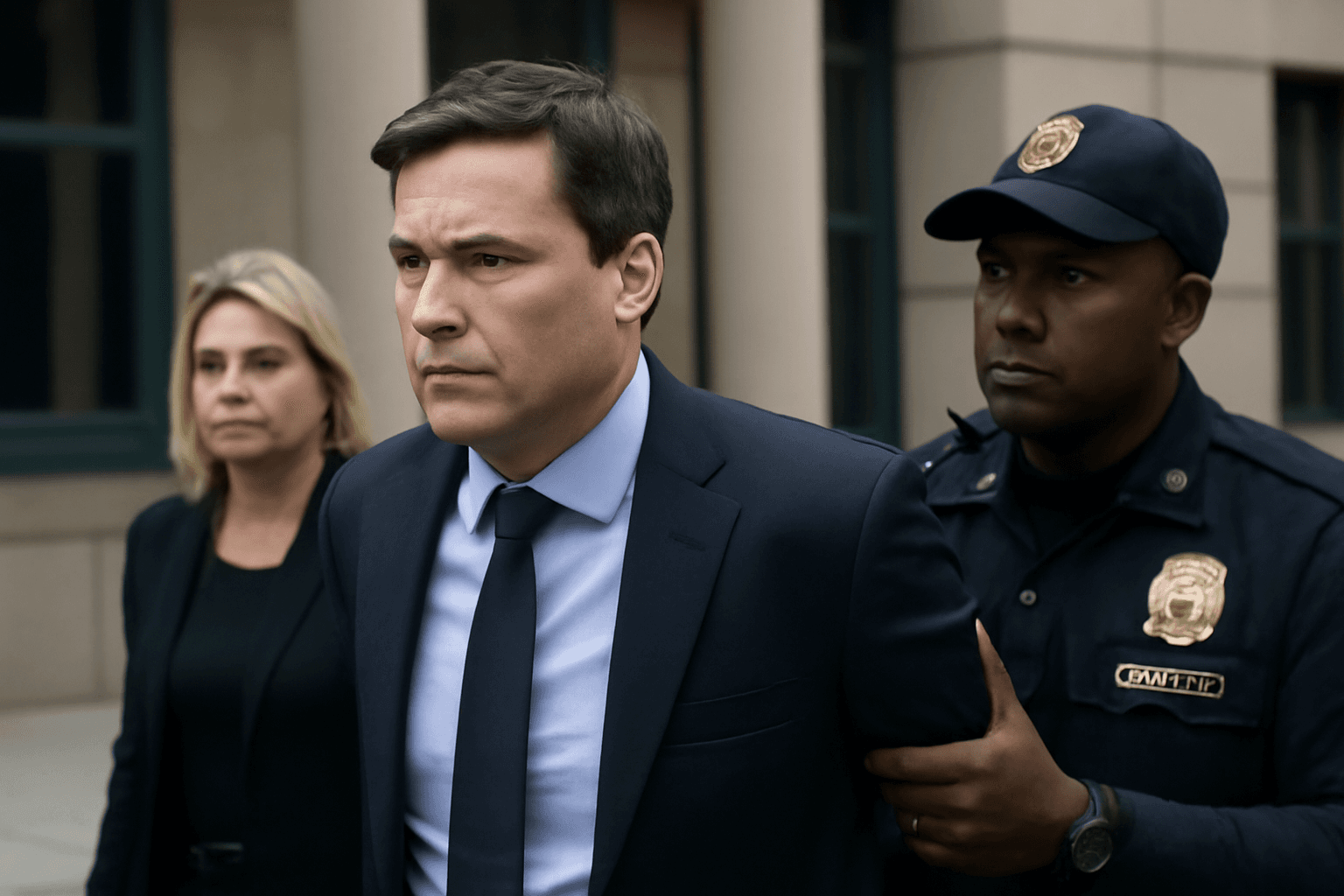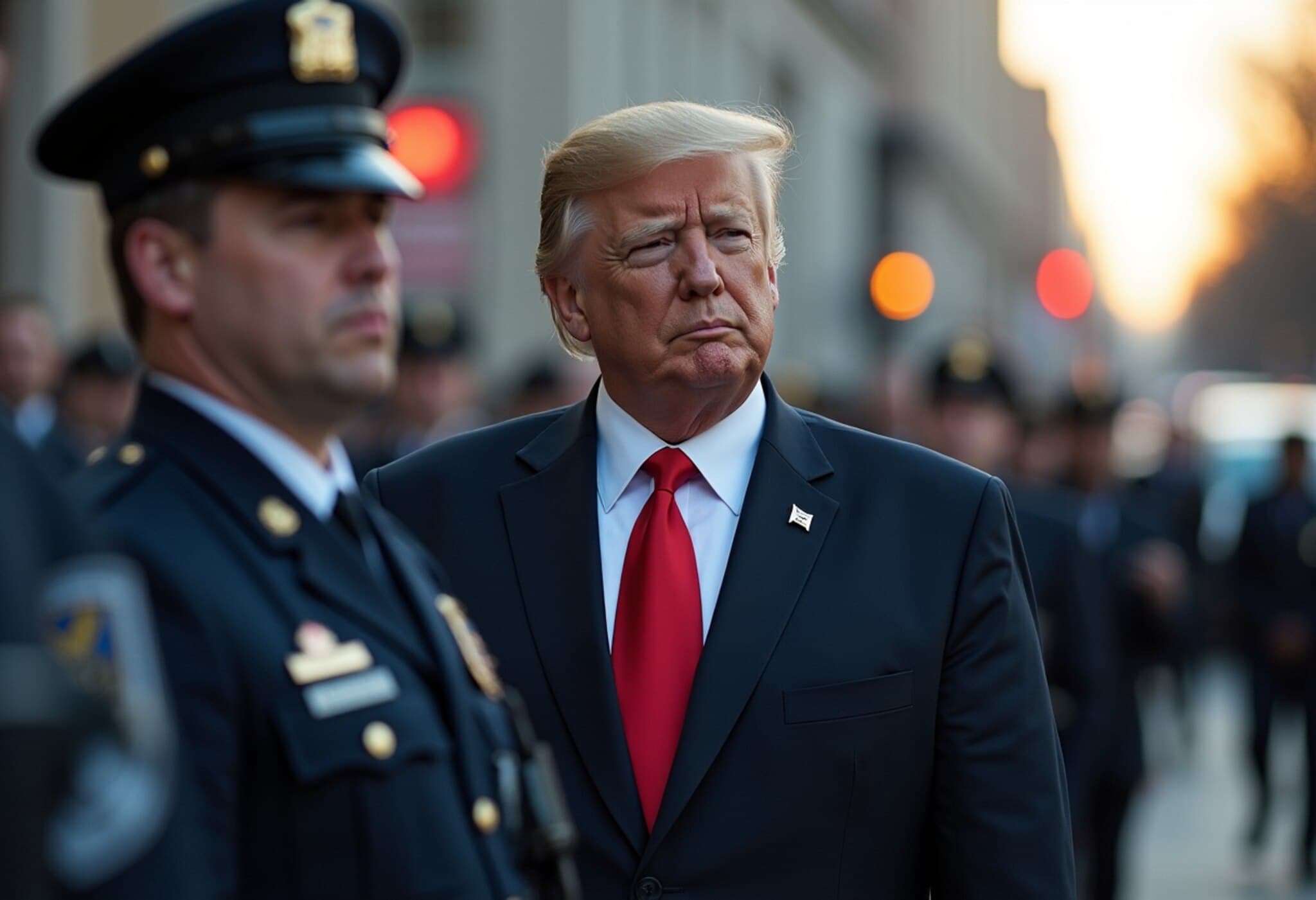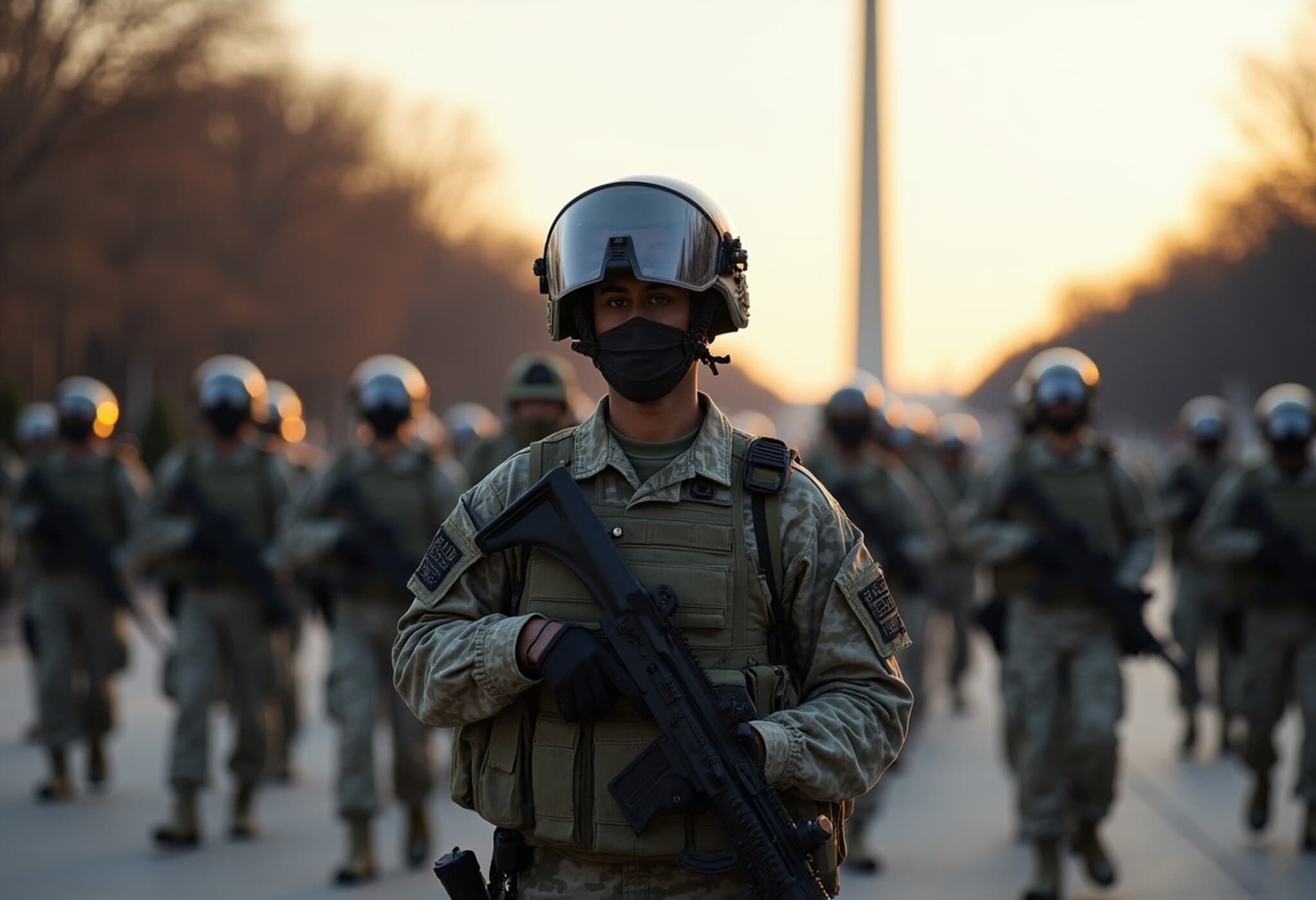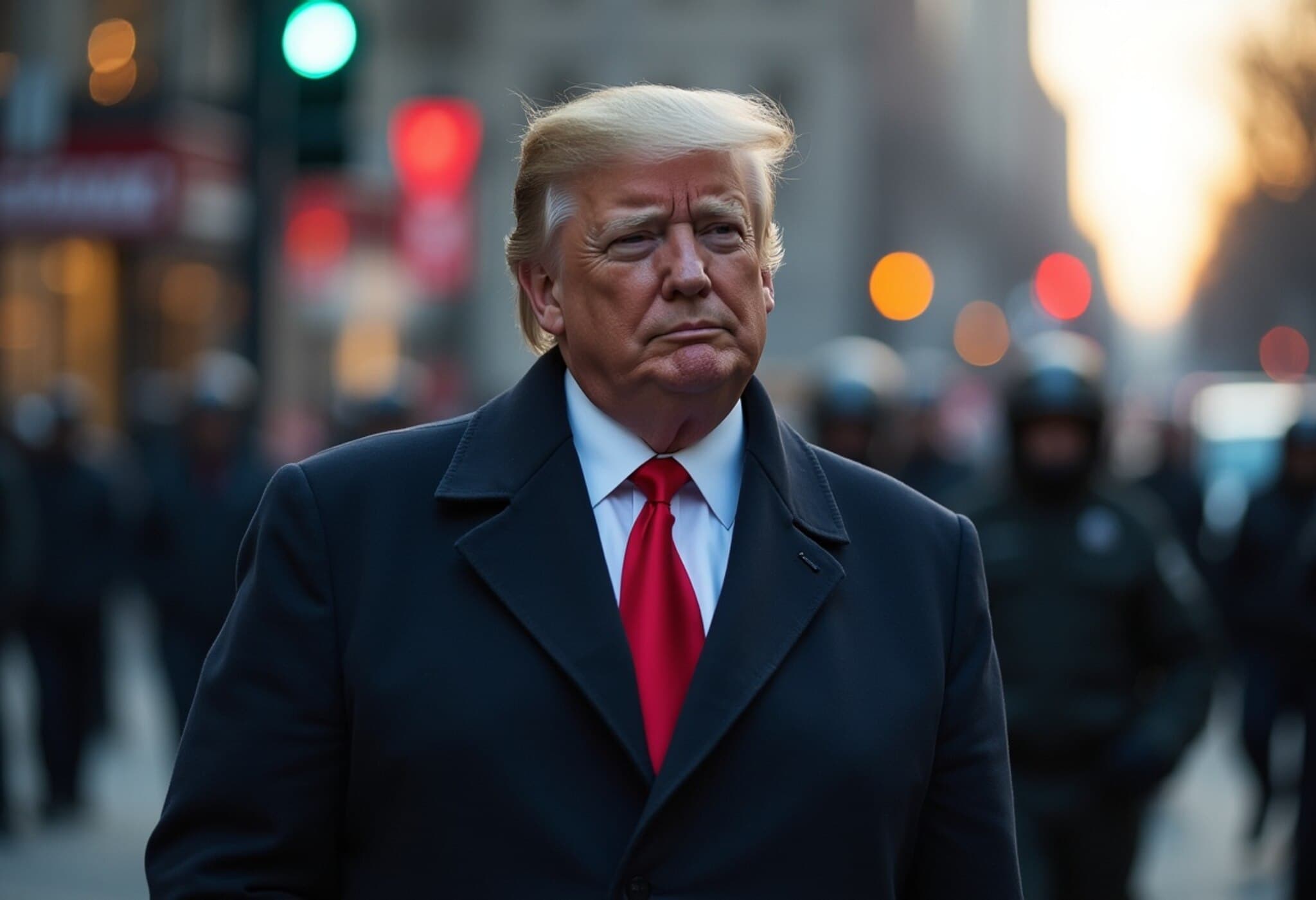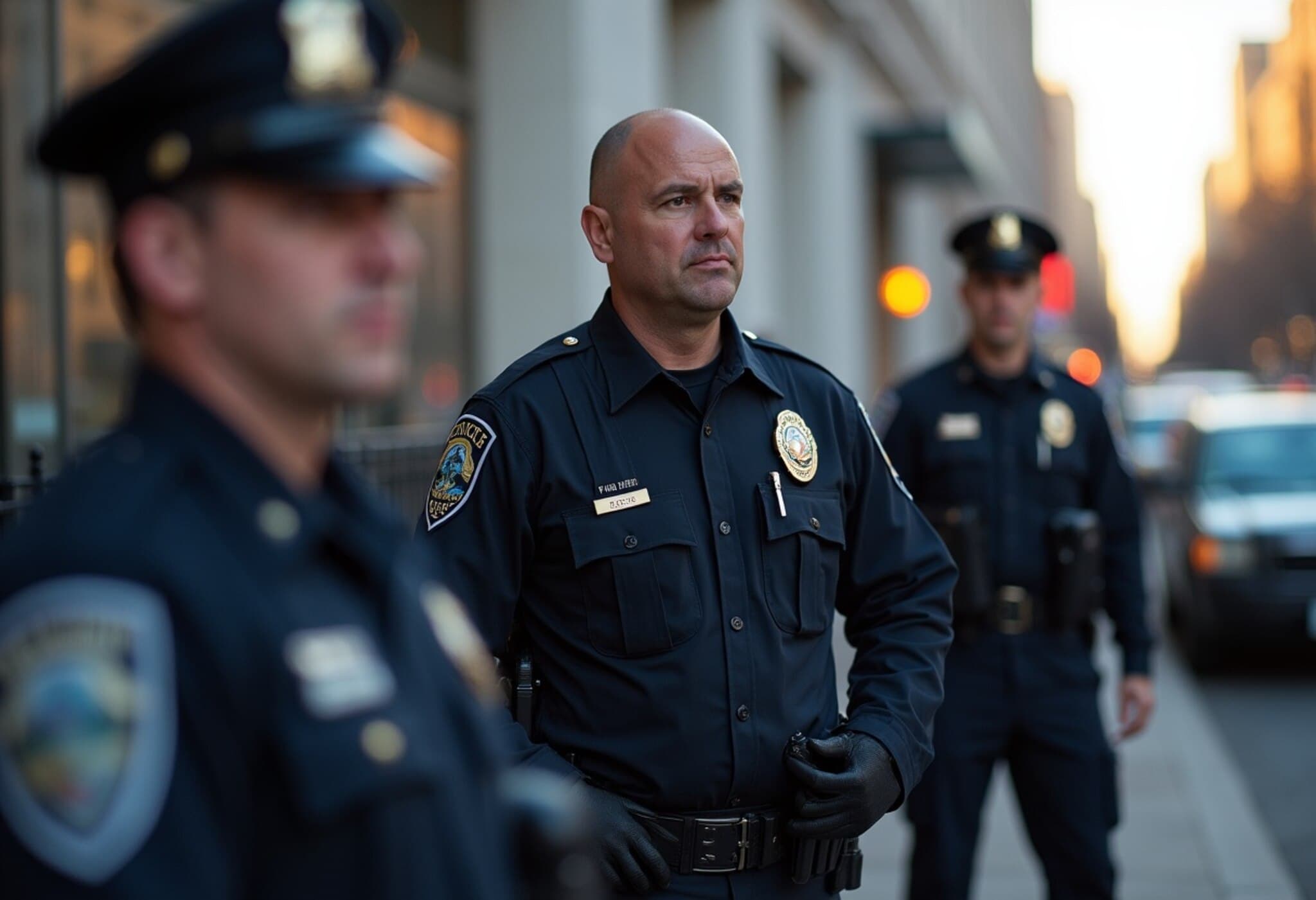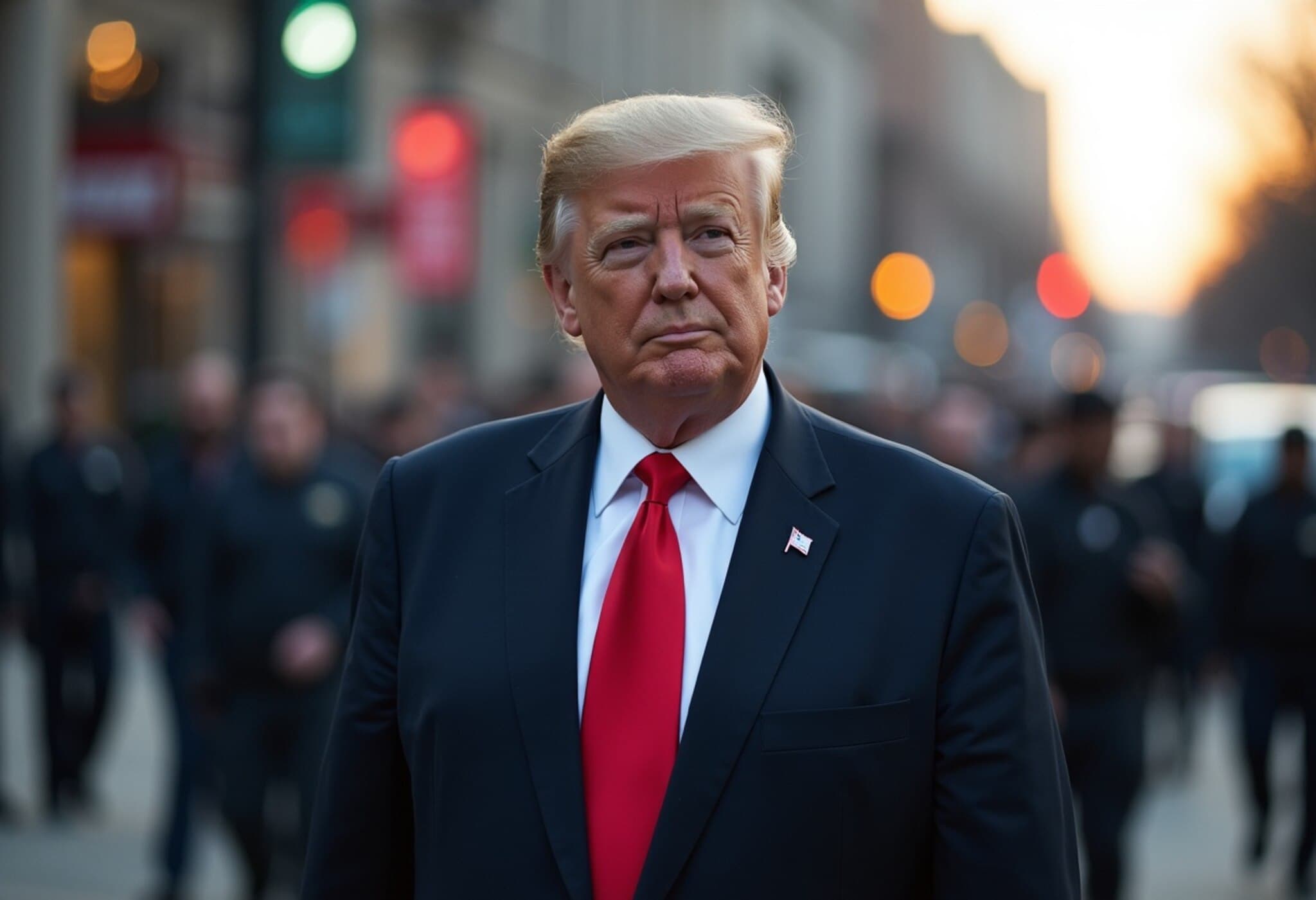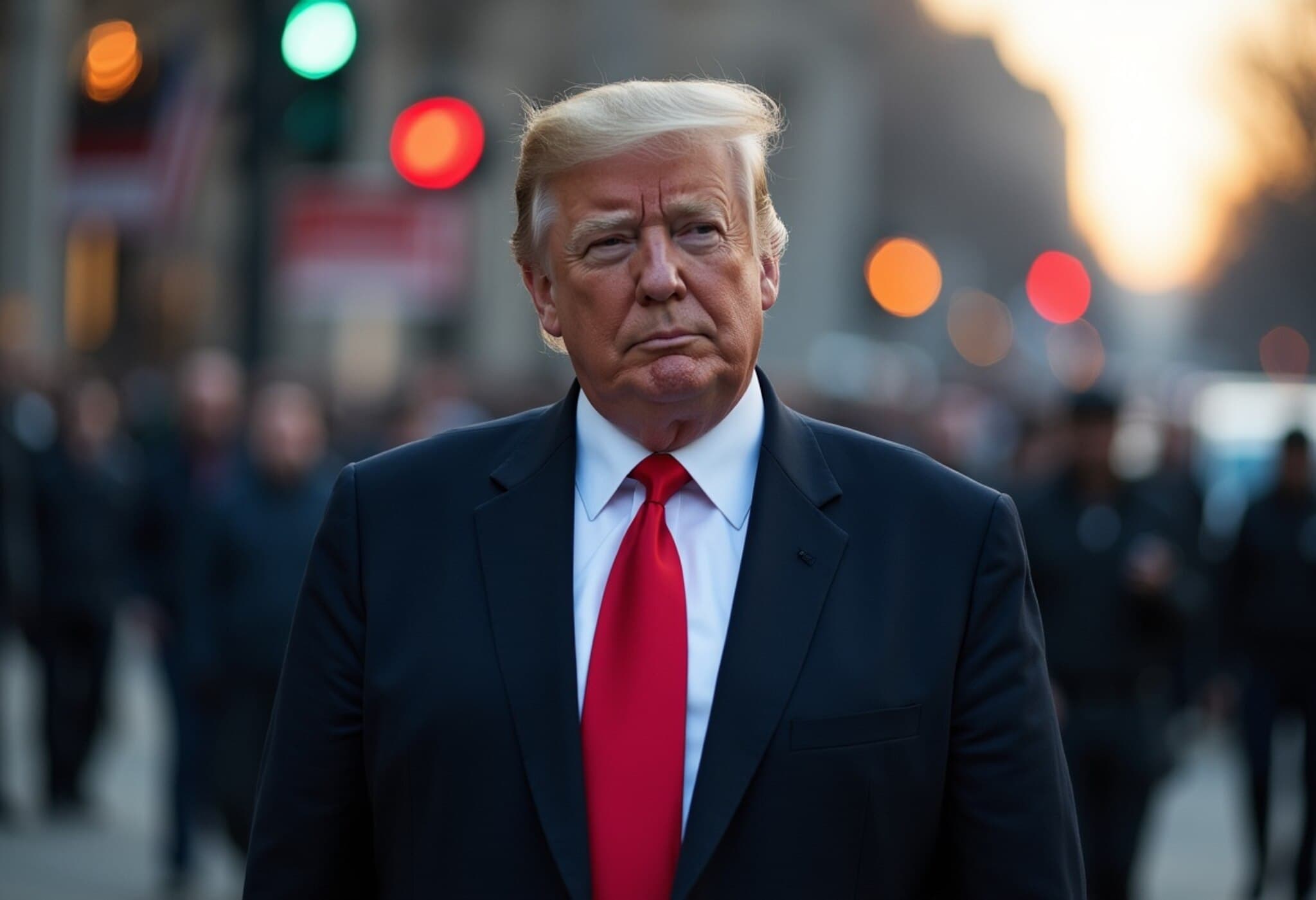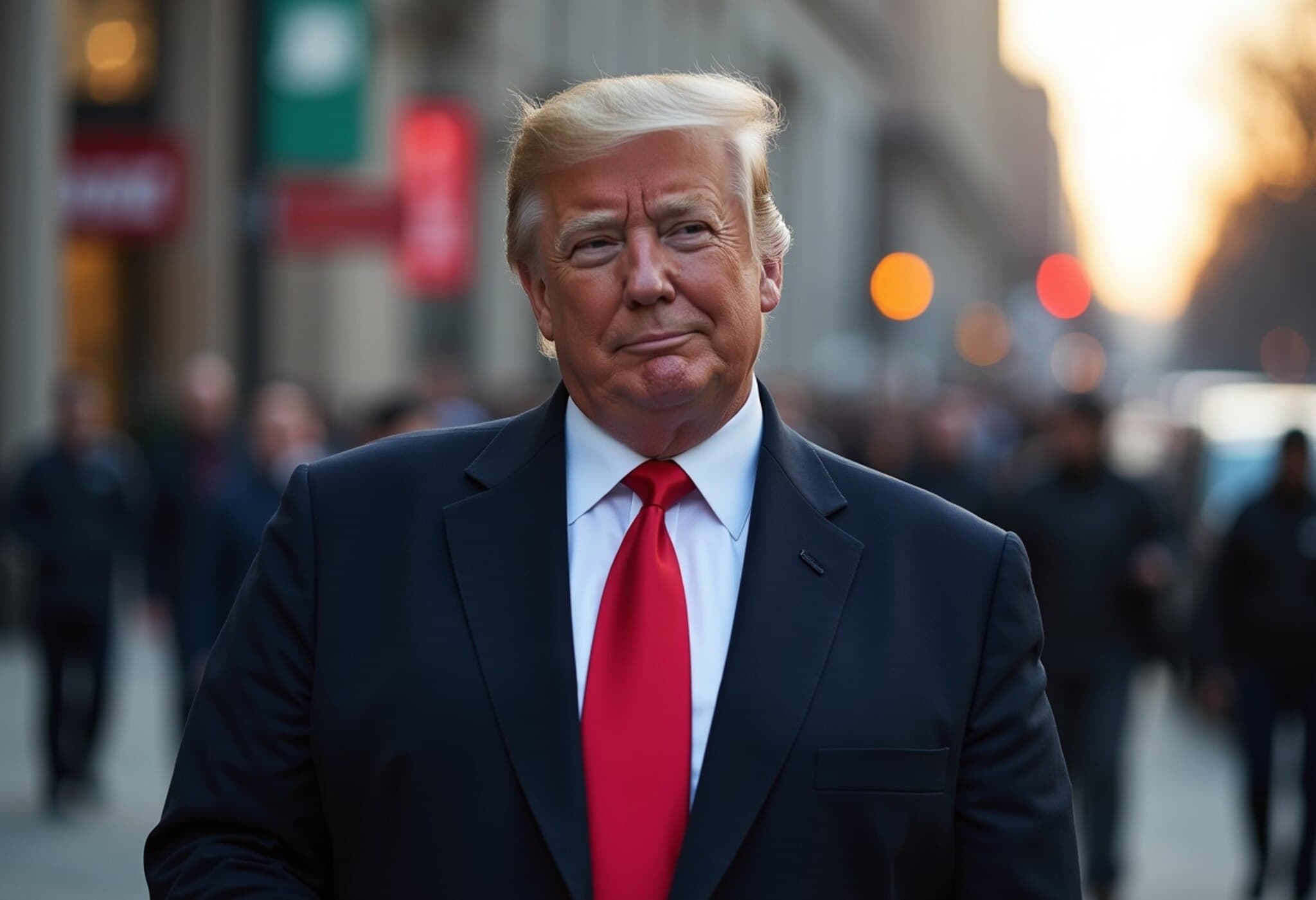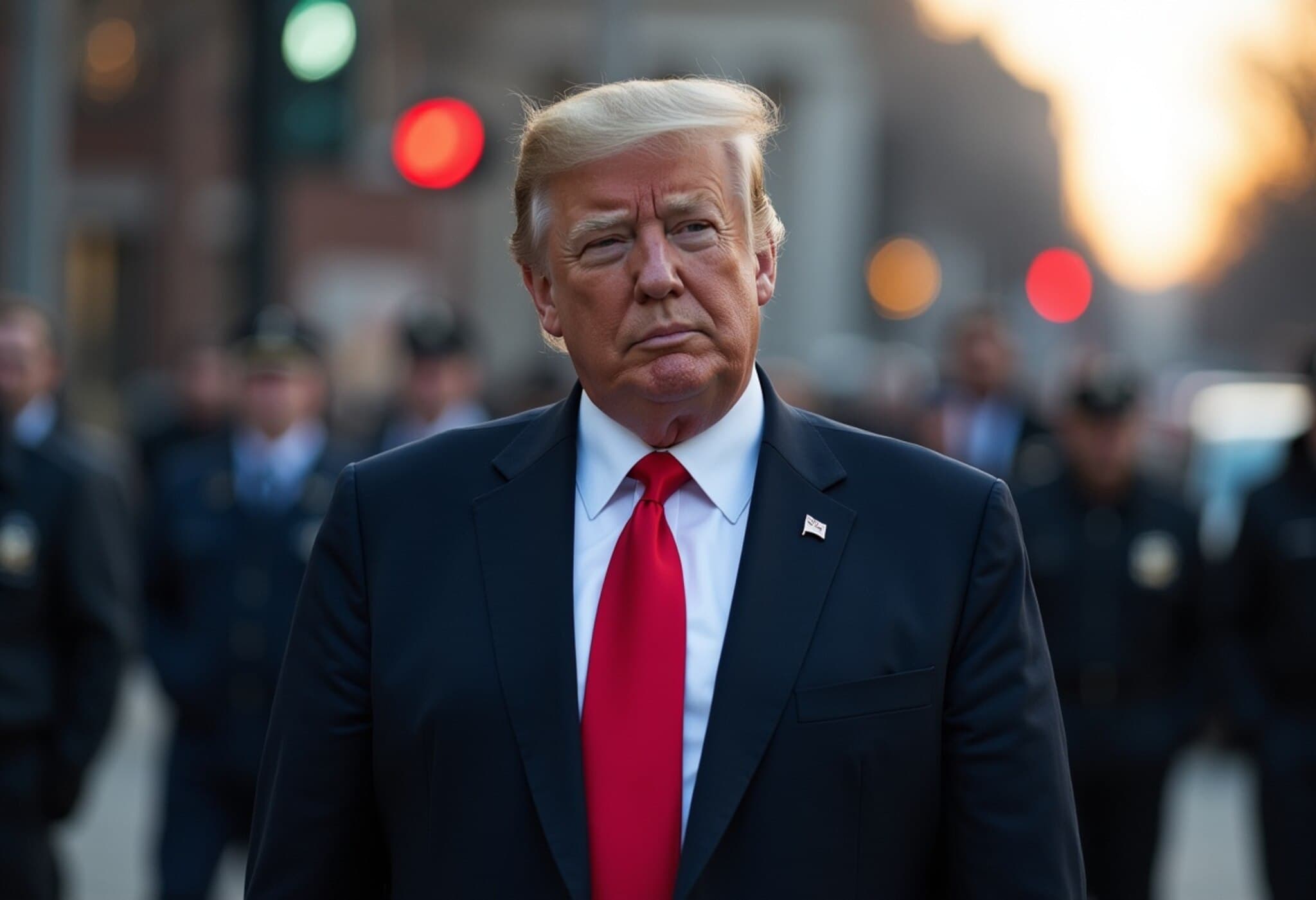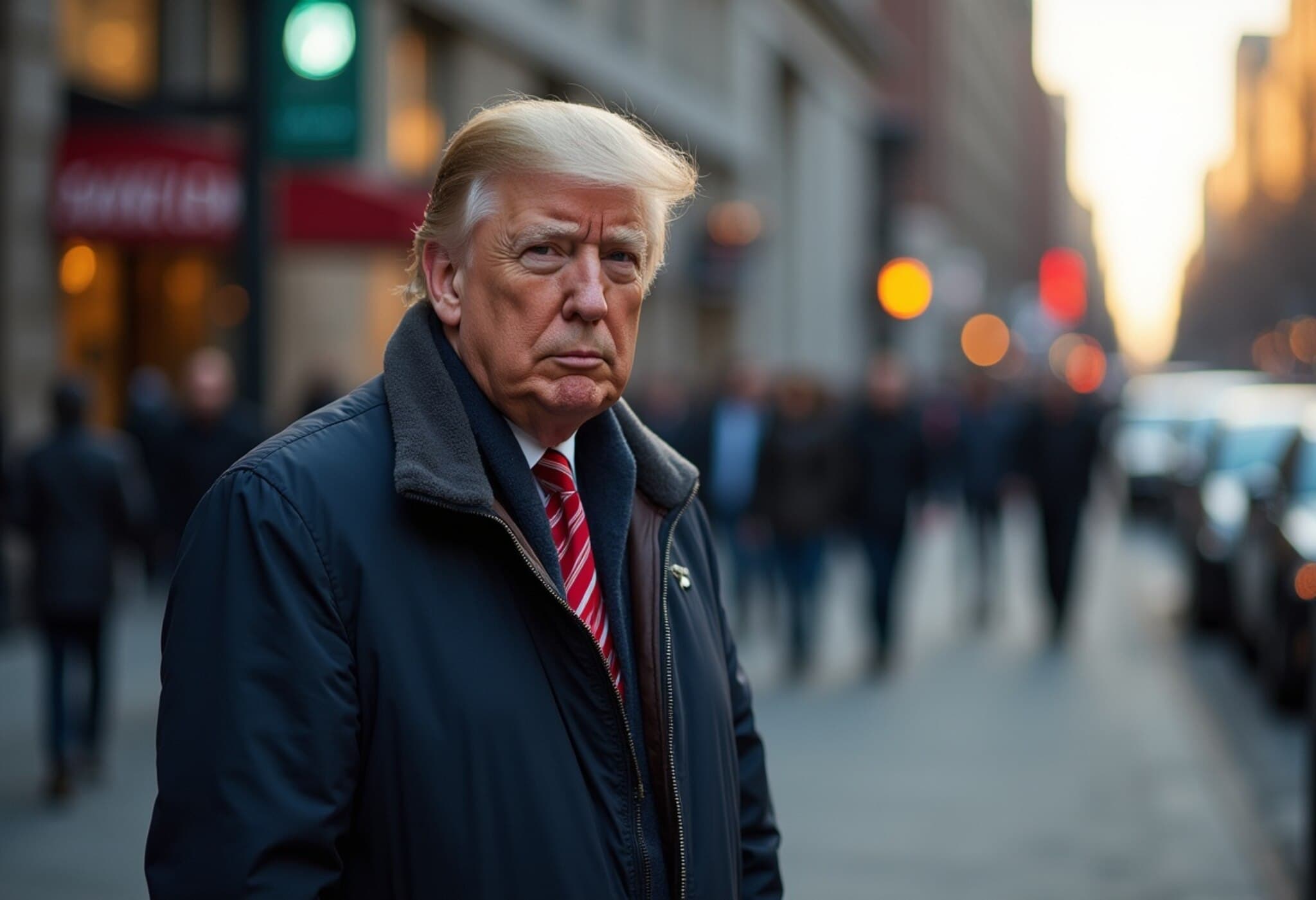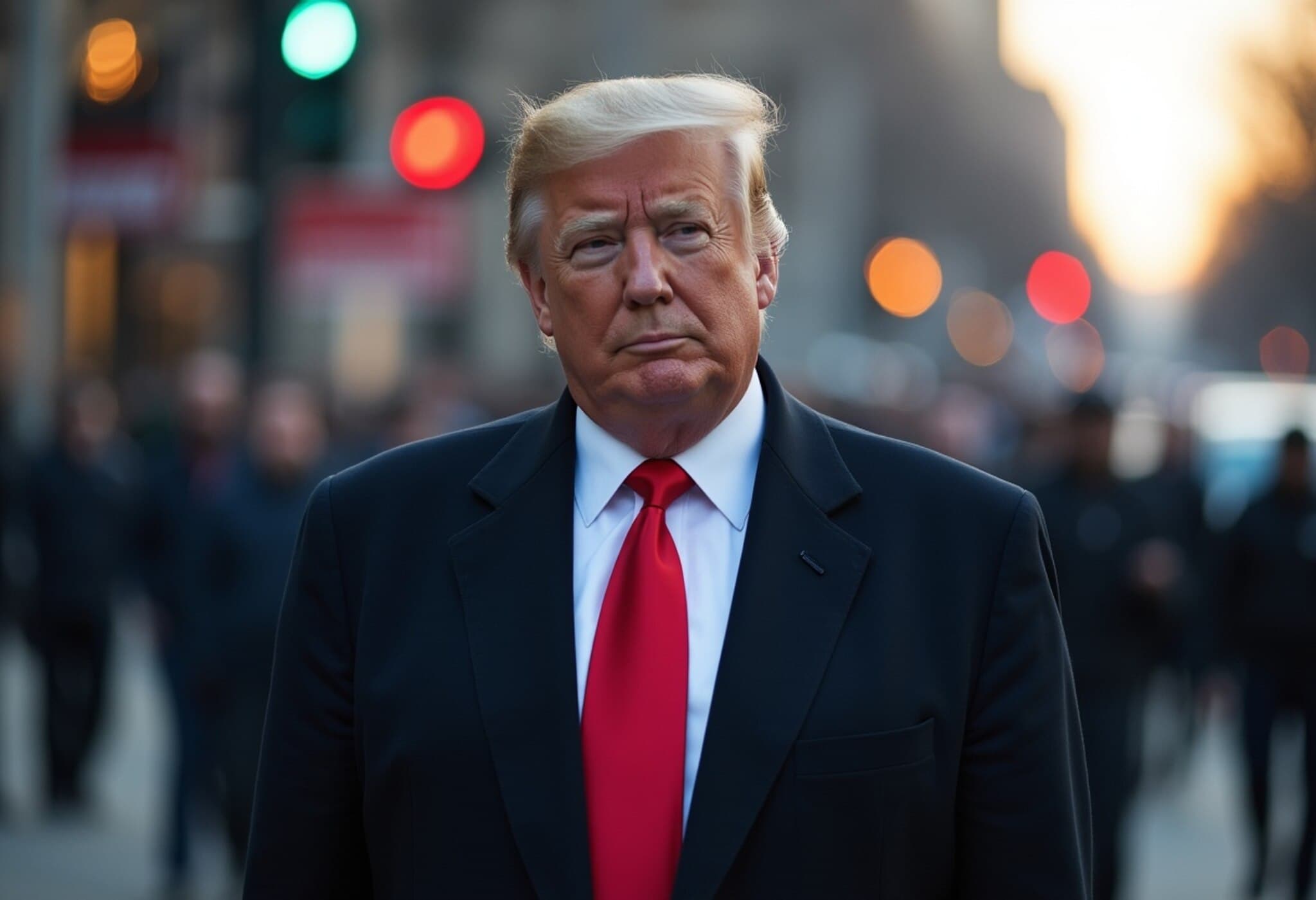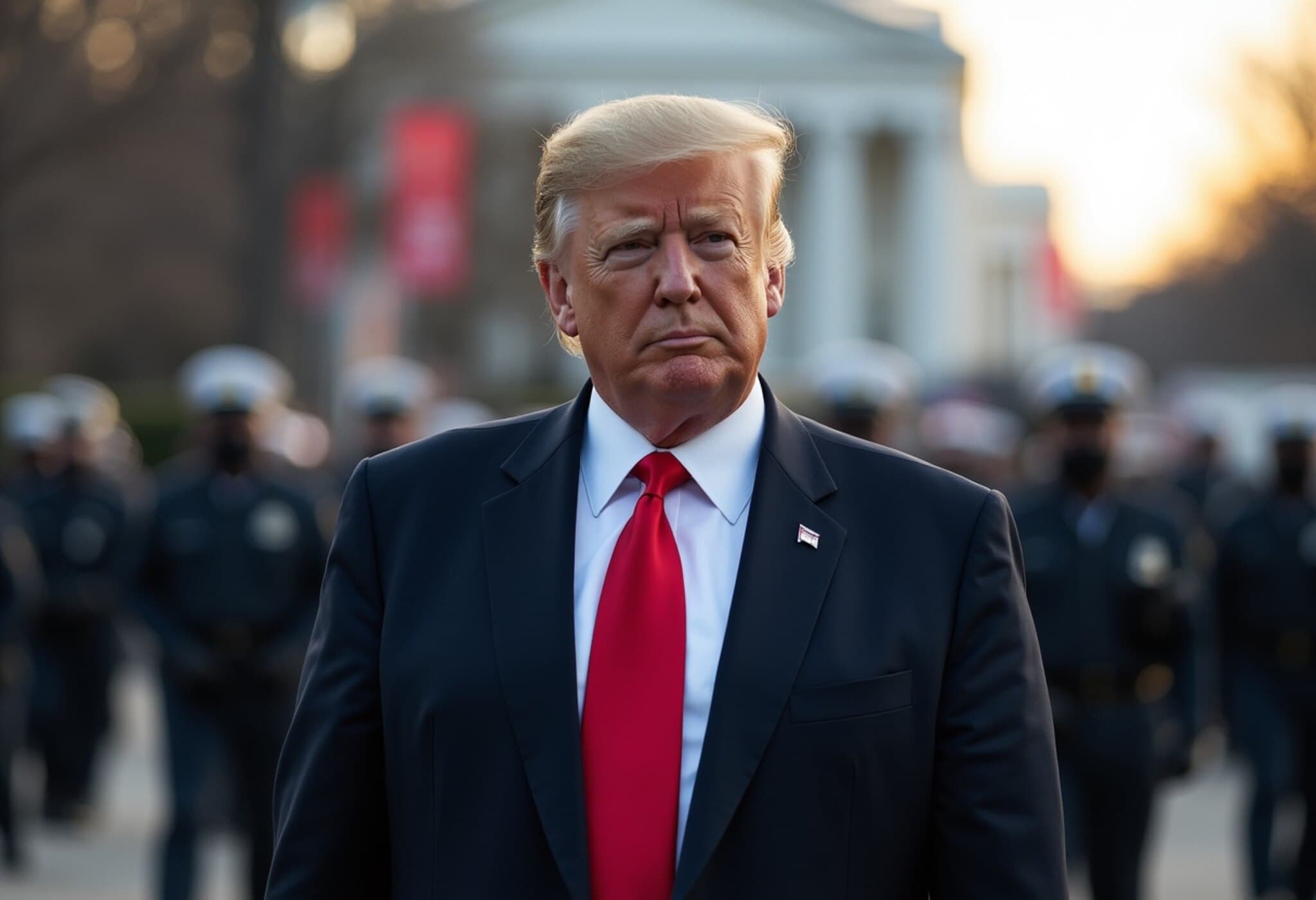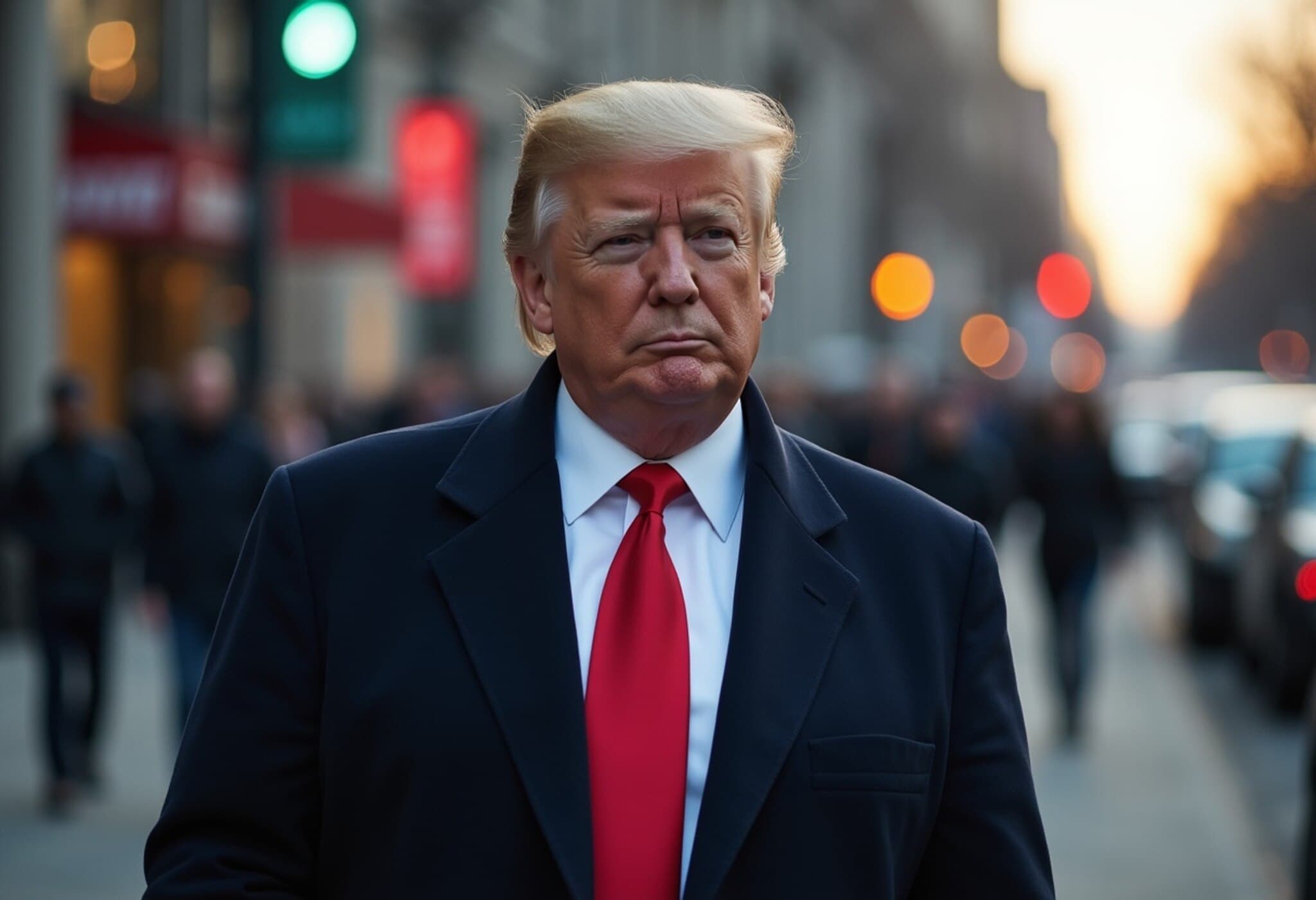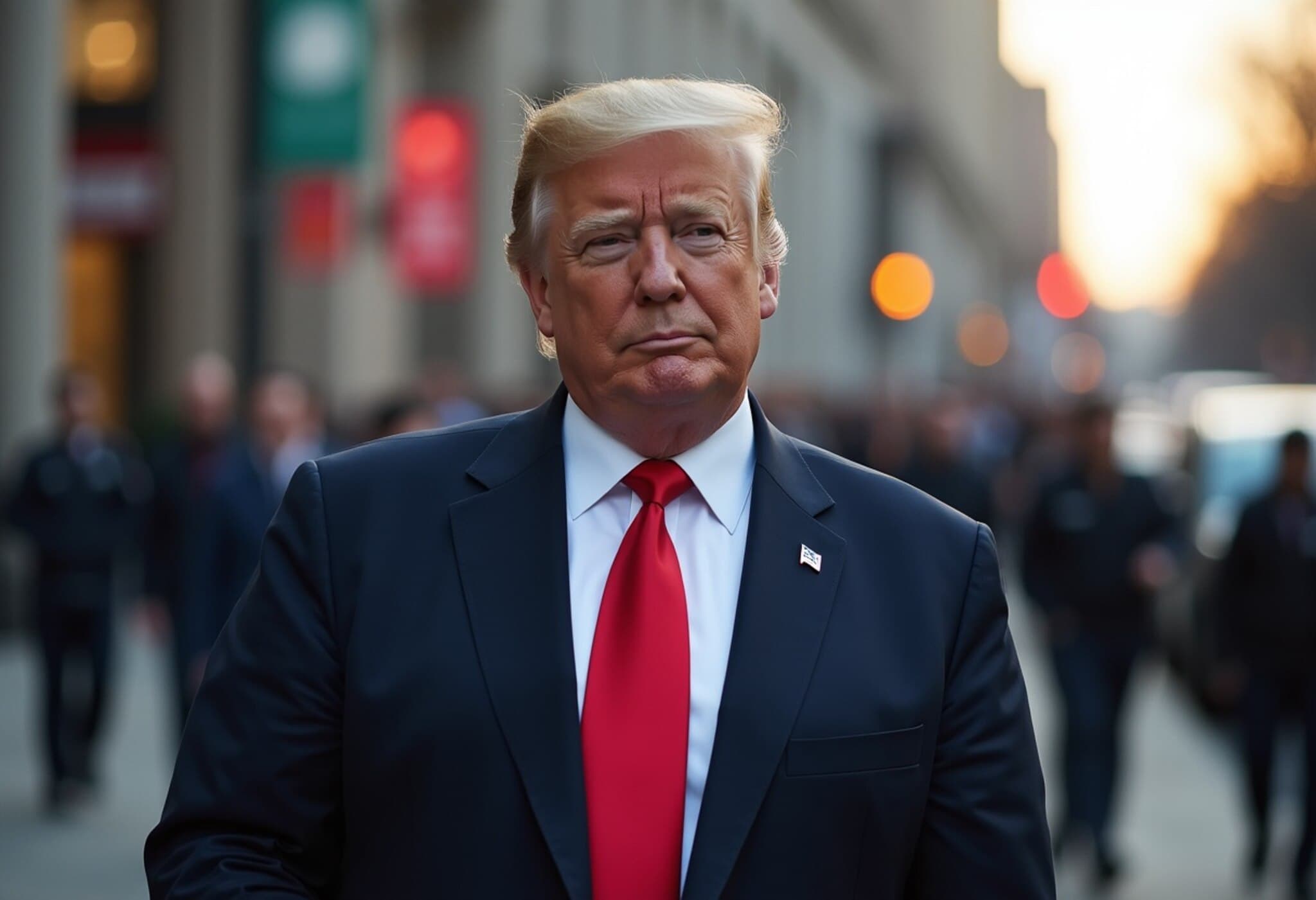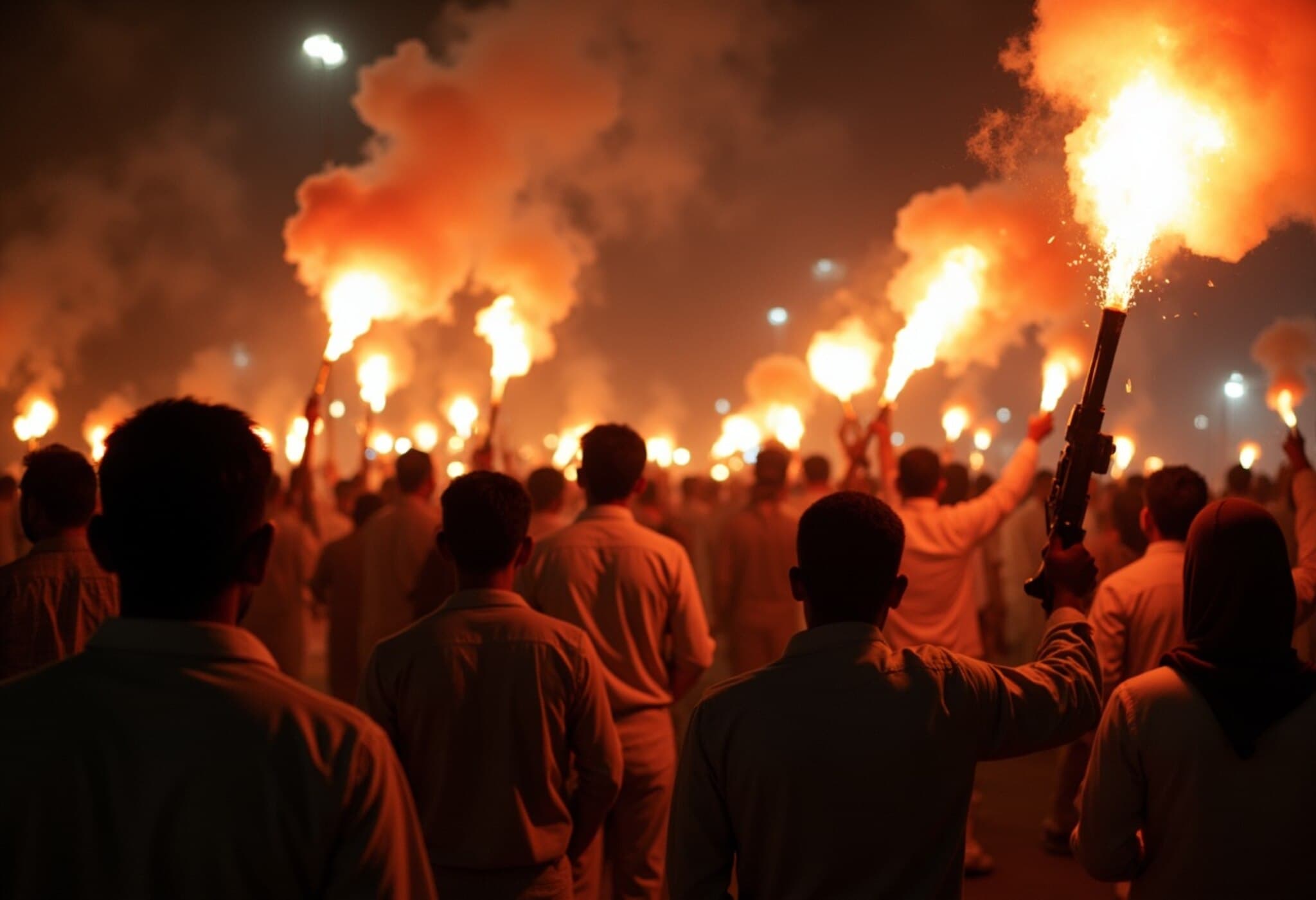Trump Proposes Extended Federal Oversight of Washington DC Police
In a move that has stirred political debate and legal scrutiny, former President Donald Trump announced plans to request Congress to grant him long-term control over Washington, DC's Metropolitan Police Department. His declaration came on August 14, 2025, during a visit to the Kennedy Center in the nation’s capital, as part of his ongoing initiative to combat what he describes as a growing crime problem. Trump further hinted that similar approaches could be targeted at other Democratic-led cities, signaling a broader federal intervention strategy.
Context Behind the Federal Takeover
Historically, Washington, DC holds a unique governance status, where local affairs are primarily managed by the District government, with limited federal oversight. Trump recently exercised a rarely invoked provision of the Home Rule Act, giving him temporary authority—limited to 30 days—to oversee the city’s police. His push to extend this control requires Congressional approval, a hurdle compounded by the current congressional recess until September.
At his Kennedy Center appearance, Trump emphasized the necessity of new federal legislation, saying, “We’re going to use [DC] as a very positive example, and we’re going to be asking for extensions on that, long-term extensions, because you can’t have 30 days.” His remarks suggest a strategic blueprint that could reshape local policing under federal auspices.
Legal and Political Implications
- Constitutional concerns: The move raises questions about the balance of power between federal authority and local autonomy in Washington, DC, raising alarm bells among civil rights advocates and city officials.
- Congressional approval: Given the Senate and House are in recess, any legal extension of federal control faces procedural delays and significant political opposition.
- National Emergency Clause: Trump mentioned that if declared a national emergency, federal takeover could bypass Congress, a contentious assertion that critics warn could set a dangerous precedent.
Federal Presence Increases Amid Crime Allegations
The announcement followed a surge in visible federal law enforcement activity in DC, involving agencies such as the FBI, DEA, and Department of Homeland Security. Reports of arrests and traffic stops in neighborhoods like Columbia Heights and Northwest Washington have sparked debates over the scale and necessity of these interventions.
While the White House insists this crackdown targets an "out of control" crime wave, city officials counter that crime statistics present a more nuanced picture. In fact, data show the overall crime rate in DC hit its lowest point in three decades last year, though some violent crimes remain higher than in comparably sized cities.
The "DOGE" Incident and Its Aftermath
The federal deployment intensified after an attack on a staffer affiliated with the group "Defenders of Greater Enforcement" (DOGE) in a popular entertainment district. Officials reported 43 arrests overnight following the incident—double the prior evening’s figures—though some police data suggest this volume may still fall within typical daily arrest ranges.
Currently, approximately 1,450 officers are involved in policing DC, with roughly half from the local police department and a growing contingent of National Guard troops. Defense officials anticipate up to 800 National Guard personnel will eventually join the mission, signaling a significant increase in federal presence and round-the-clock patrols.
Political Fallout and Broader Significance
Democratic leaders and civil liberties groups have sharply criticized Trump's actions as an authoritarian overreach aimed at rallying his political base rather than addressing public safety genuinely. The scheme spotlights ongoing tensions around policing strategies, federalism, and the politicization of crime in American cities.
This unfolding situation invites critical questions about:
- How federal interventions in local governance might reshape future crime policies across the U.S.
- The impact on community trust when policing shifts focus from local concerns to national political agendas.
- The balance between public safety and civil rights amid escalating partisan divides.
Looking Ahead: What to Watch
Observers will be closely monitoring Congressional reactions once back in session, legal challenges to the federal takeover, and the real-world effects of increased federal enforcement on Washington’s neighborhoods. Meanwhile, the potential extension of this approach to other cities raises the stakes in an already heated national debate on crime, governance, and democracy.
Editor’s Note
Trump’s push for long-term control of the DC police underscores a pivotal moment in American governance, challenging established norms around local autonomy and federal power. As crime statistics and political rhetoric clash, it is vital for citizens and policymakers to critically assess both the data and the implications. Will federal intervention deliver safer communities or compromise democratic principles? This evolving story warrants close scrutiny for its national implications beyond DC’s borders.

